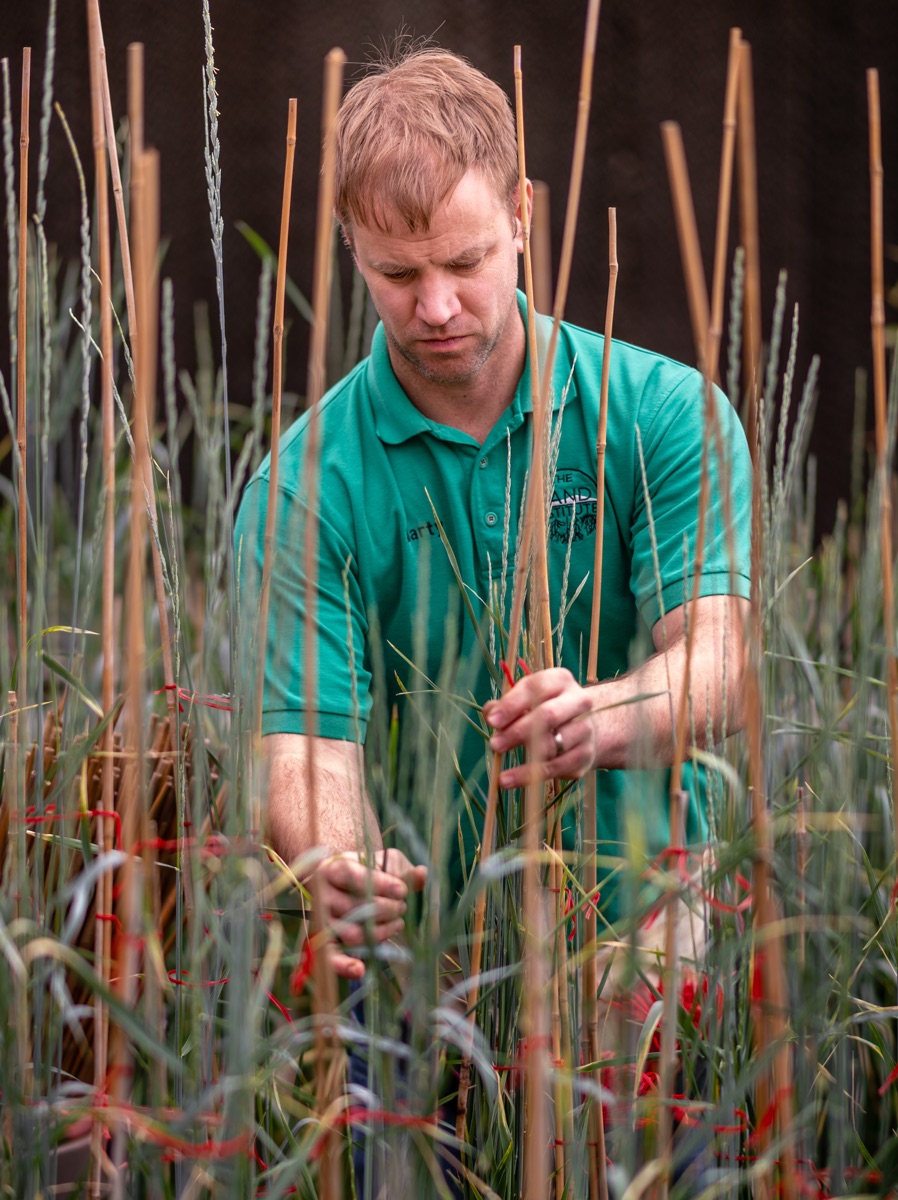
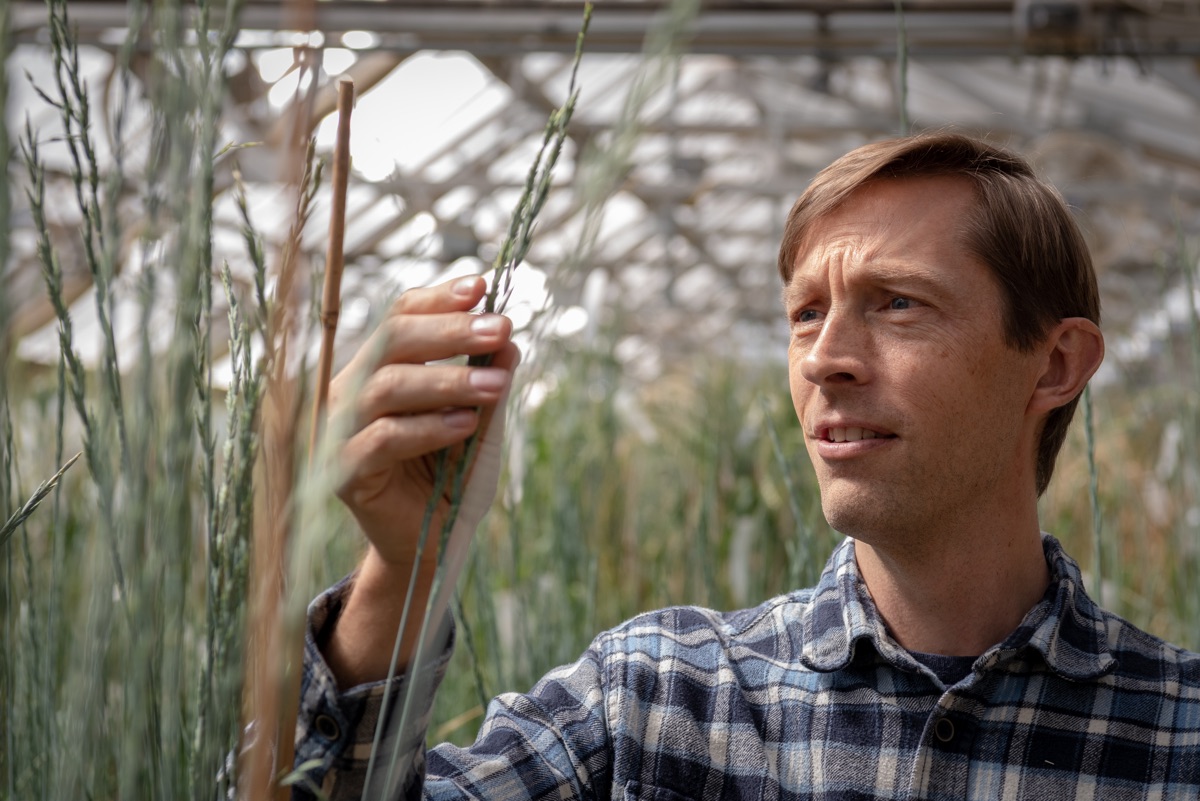
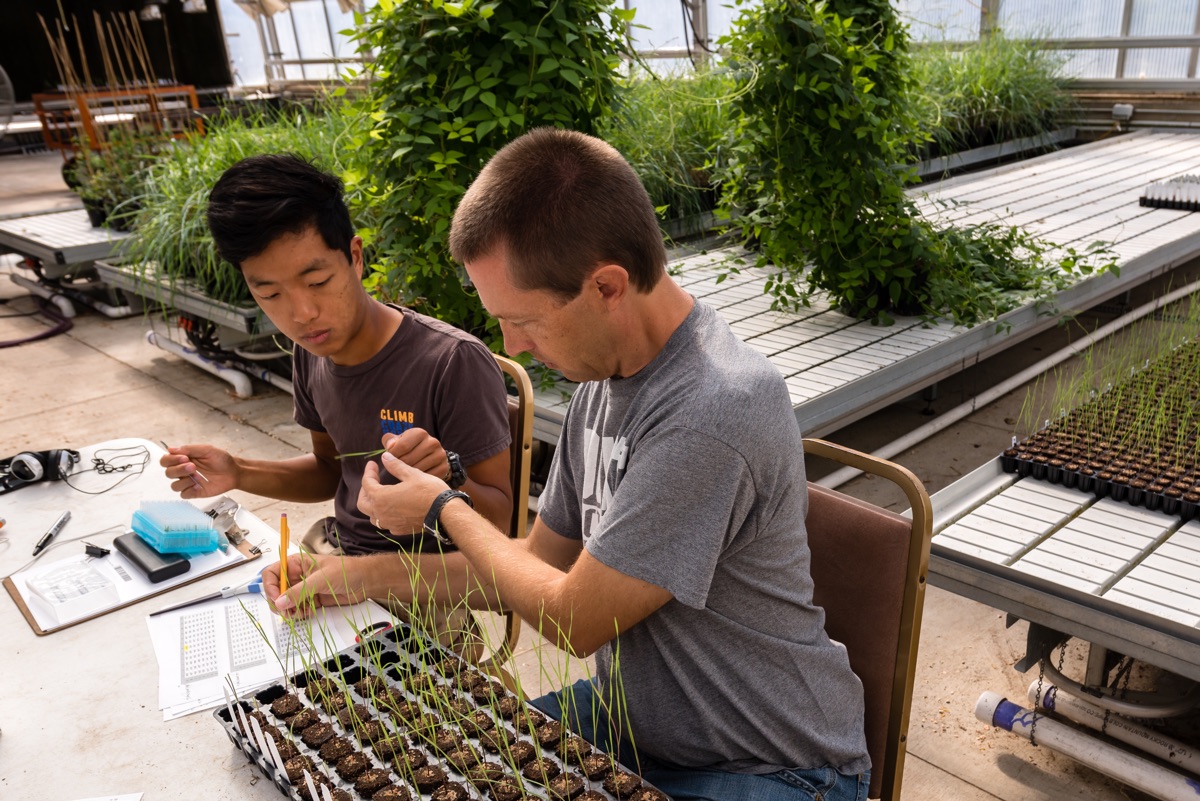
Research Partners
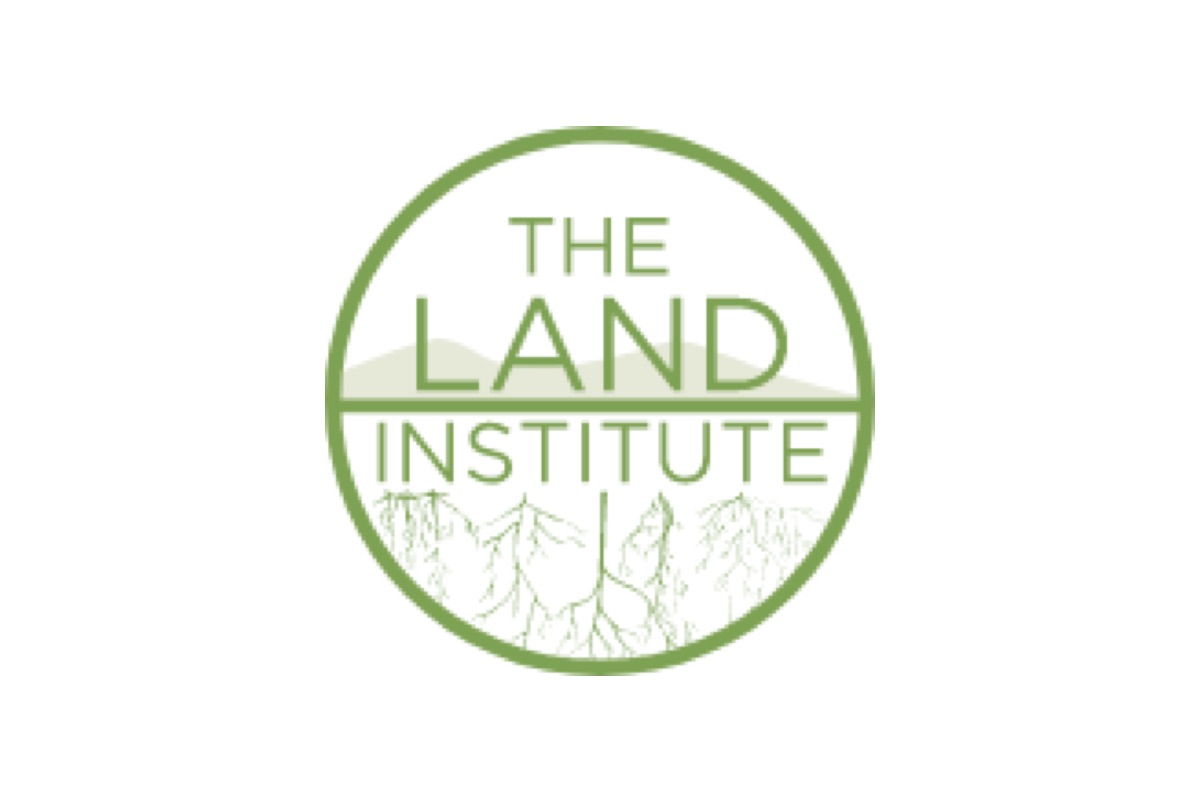
Salina, Kansas
The Land Institute
Researchers and staff are developing an agriculture of perennials with the ecological stability of the prairie to produce ample human food and reduce or eliminate impacts from the disruptions and dependencies of industrial agriculture.
Plant Breeding and Genetics
Lee DeHaan, PhD
Ecological Intensification
Tim Crews, PhD
Crop Protection
Kathryn Turner, PhD
Breeding for Alfalfa Bi-Culture
Brandon Schlautman, PhD
Commercialization
Tessa Peters, PhD
Education and Community Learning
Aubrey Streit Krug, PhD

Fort Collins, Colorado
Colorado State University
Researchers are developing theory and methodology for evaluating soil organic matter accumulation under Kernza® and Kernza-alfalfa intercrops, and how the soil microbiome changes in wide hybrid crosses with Kernza® and wheat.
Soil Ecology
Francesca Cotrufo, PhD,Professor
Soil Ecology
Laura van der Pol, PhD student
Agricultural Systems Science
Steven Fonte, PhD,Associate Professor
Breeding for Alfalfa Bi-Culture
Siwook Hwang, PhD student

Cowra, New South Wales
New South Wales Department of Primary Industries
Researchers at NSW DPI are trialing Kernza® varieties and perennial wheat lines, and experimenting with legume intercrops to establish the role of perennial cereals in grazing systems.
Agroecology and Agronomy of Perennial Grains
Richard Hayes, PhD., Chief Scientist
Perennial Cereals and Forage Systems
Matthew Newell, MS
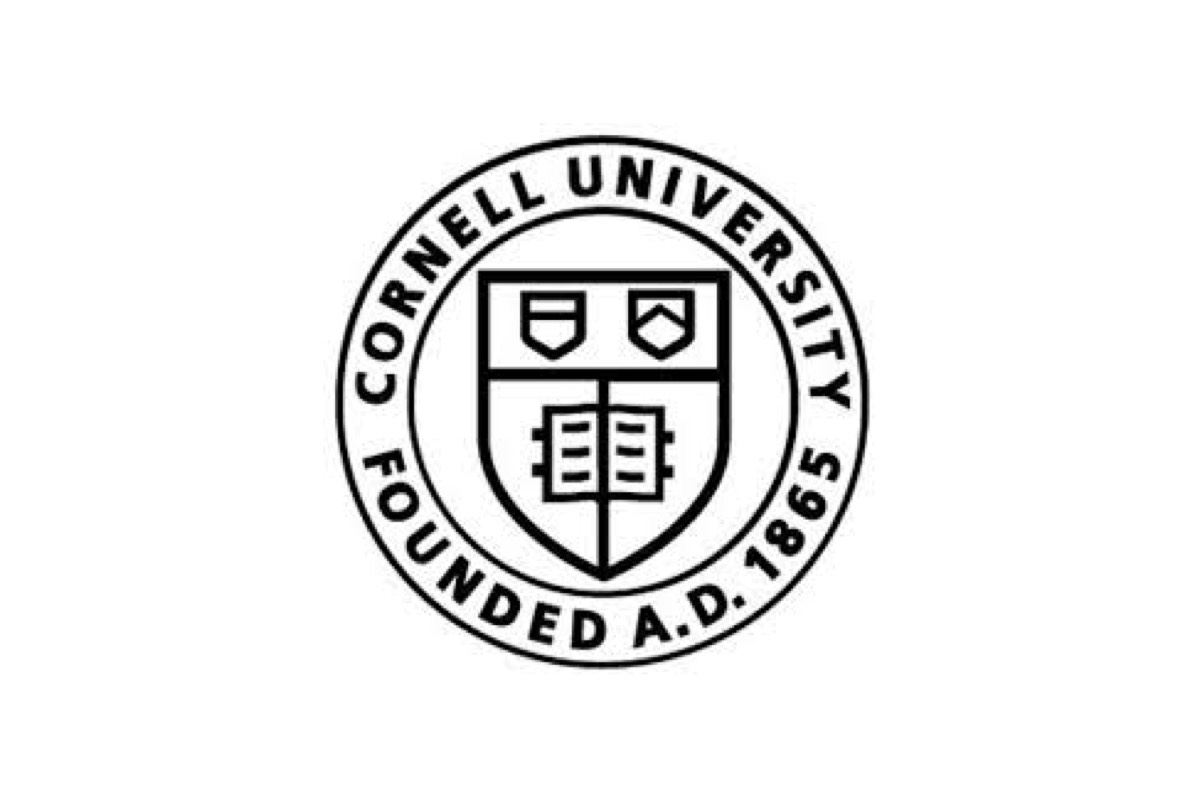
Ithaca, New York
Cornell University
Researchers at Cornell are exploring questions related to perennial grains intercropping, weed competition, soil health impacts, post-harvest management, and commercialization in the Northeast.
Agroecology of Perennial Grains
Matthew Ryan, PhD, Assistant Professor
Intercropping with Perennial Grains
Eugene Law, PhD Candidate
Post-Harvest Processing
Sandra Wayman, MS

Huntsville, Alabama
HudsonAlpha Institute for Biotechnology
HudsonAlpha with support from the Department of Energy’s Joint Genome Institute, has played a central role in obtaining and refining the intermediate wheatgrass genomic sequence. A good draft sequence is now available and being used by geneticists.
Genome Sequencing
Jeremy Schmutz
Genome Sequencing
Jane Grimwood, PhD

St Paul, Minnesota
Green Lands Blue Waters
Green Lands Blue Waters promotes continuous living cover on the landscape of the Upper Mississippi Basin. They have worked to ensure gaps in the nascent Kernza® supply chain are filled and provided vision as the crop has approached commercialization.
Director
Erin Meier
Associate Director
Aaron Reser

St Paul, Minnesota
University of Minnesota Forever Green Initiative
The Forever Green Initiative develops new crops and high-efficiency cropping systems to improve natural resources and provide economic opportunities. The team consists of experts in genomics, breeding, agronomics, food science, and commercialization.
Vision and Leadership
Donald Wyse, PhD
Plant Breeding and Genetics
James Anderson, PhD
Agronomy
Jacob Jungers, PhD
Agronomy
Craig Sheaffer, PhD
Bioeconomies
Nicholas Jordan, PhD
Supply Chain Development
Colin Cureton, MS
Food Science
George Annor, PhD
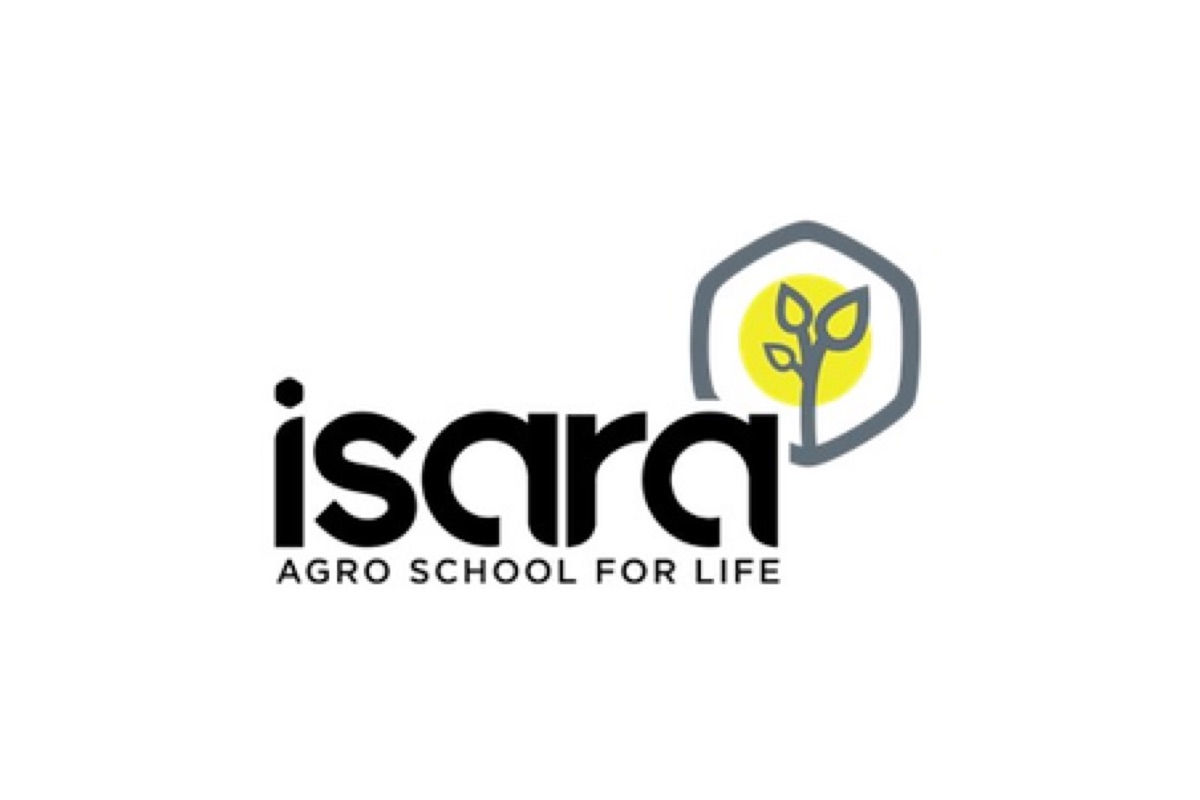
Lyon, France
ISARA-Lyon
Researchers are testing the performance of Kernza® in a wide array of different environmental settings to understand potential range of adaptation and develop management approaches and markets for the crop in France.
Performance of perennial grain and market development
Christophe David, PhD
Agronomy
Olivier Duchene, PhD student

Manhattan, Kansas
Kansas State University
Kansas State University develops genomic prediction models to increase the efficiency of Kernza® breeding. K-State also coordinates the multi-institution Kernza® genome project resulting in data-rich resources for rapidly improving Kernza® genomics.
Genetics, High Throughput Plant Breeding
Jesse Poland, PhD
Genomic Selection, Genome Wide Association Studies
Jared Crain, PhD
Genetics & Genome Biology
Kevin Dorn, PhD
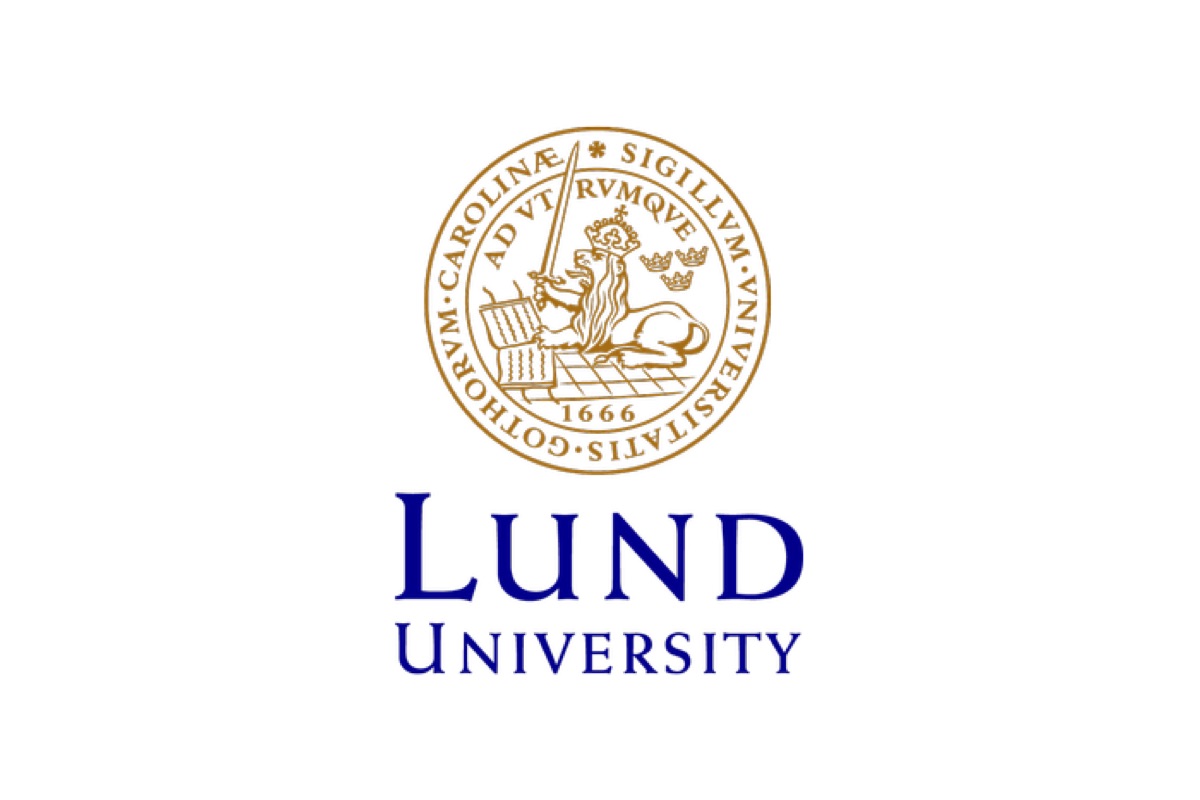
Lund, Sweden
Lund University
Lund University is coordinating on-farm plantings of Kernza® varieties in Sweden as well as perennial sorghum and rice in Uganda, and convening groups of social scientists to explore the socio-economic implications of shifting to perennial grain production.
Agroecology and Social Science
Lennart Olsson, PhD
Elina Andersson, PhD
Wim Carton, PhD
Ellinor Isgren, PhD

Cambridge, Massachusetts
Massachusetts Institute of Technology
MIT is exploring the impact of perenniality on plant responses to environmental stress. They make use of the intermediate wheatgrass genome and model species to understand physiological and genetic differences between perennial and annual plants.
Ecophysiology
David Des Marais, PhD
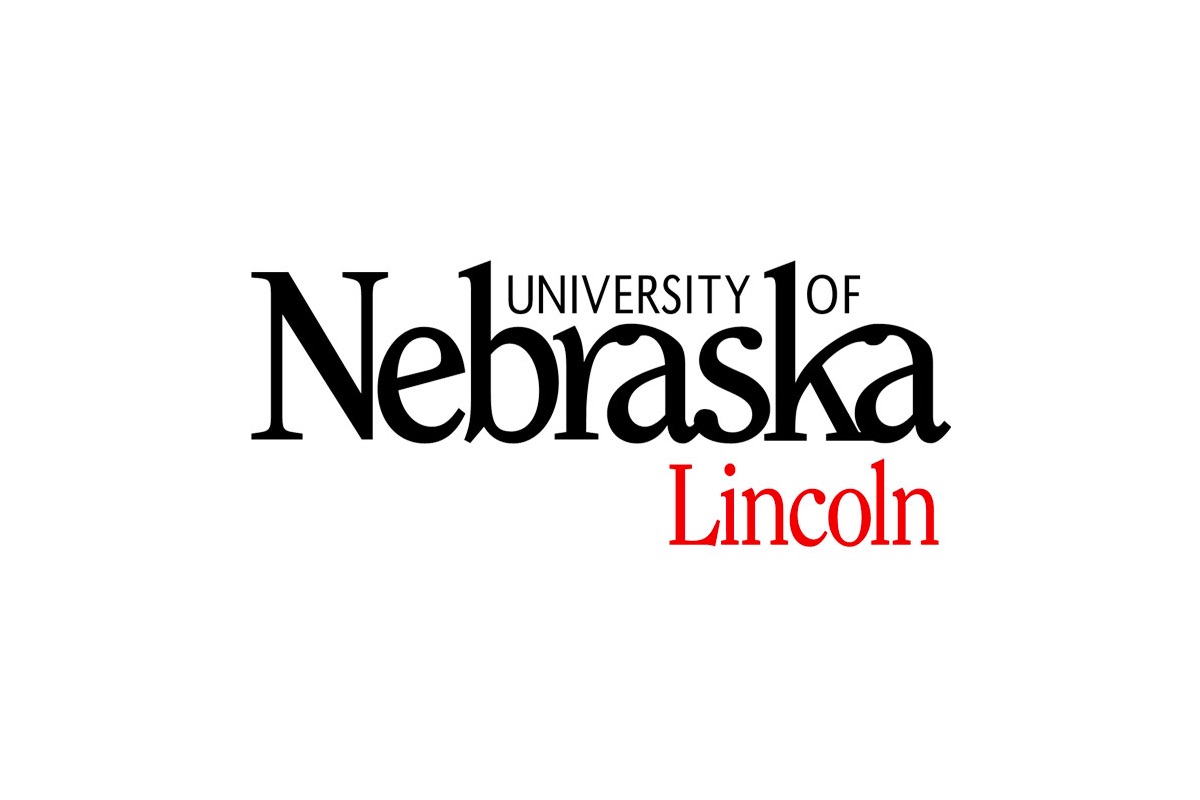
Lincoln, Nebraska
University of Nebraska, Lincoln
Researchers are evaluating the management and production of Kernza® varieties including trials with seven other collaborators and studying the agronomy of organically-managed Kernza® varieties, including intercropping with legumes, nitrogen application rates and weed management.
Agroecology
Andrea Basche, PhD
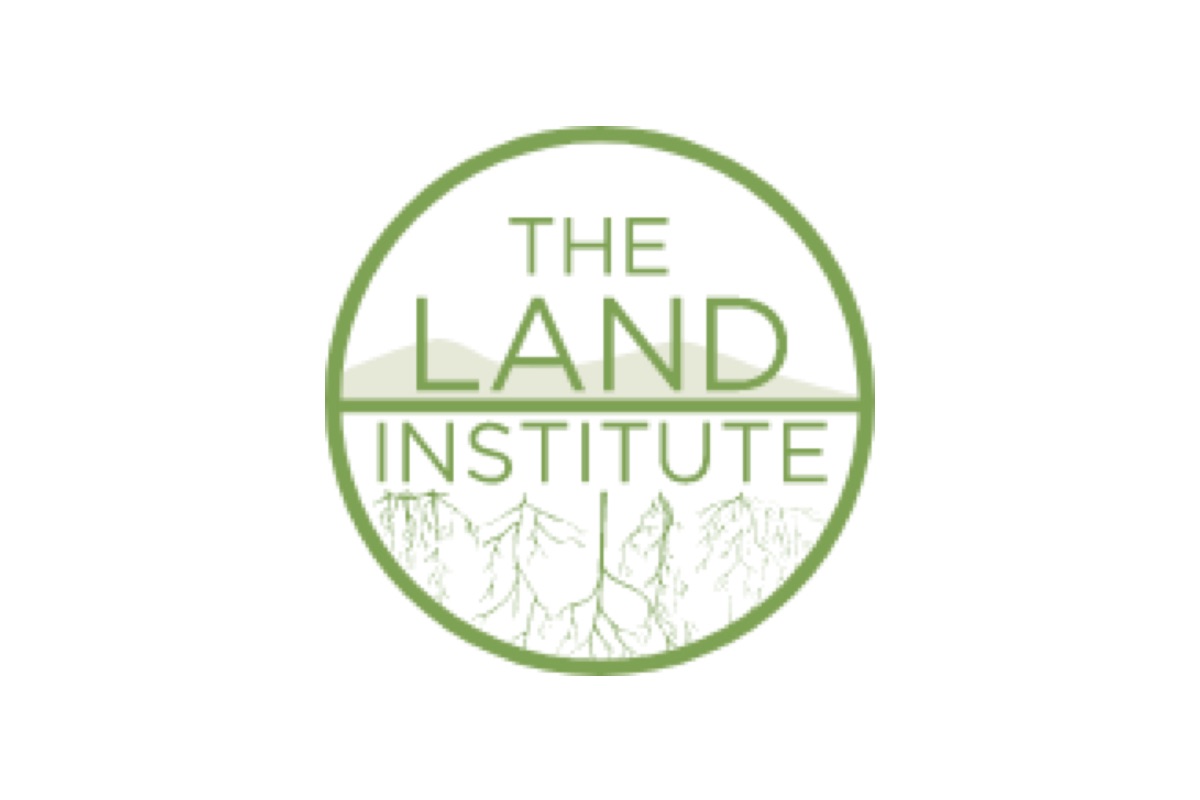
Lawrence, Kansas
Perennial Agriculture Project
The Perennial Agriculture Project (PAP) field station hosts Kernza® intercropping and soil ecology experiments. The 230-acre field station is owned and operated by the Malone Family Land Preservation Foundation as part of a joint project agreement with The Land Institute.
Kernza Alfalfa Bi-cultures
Laura Kemp, Field Station Manager
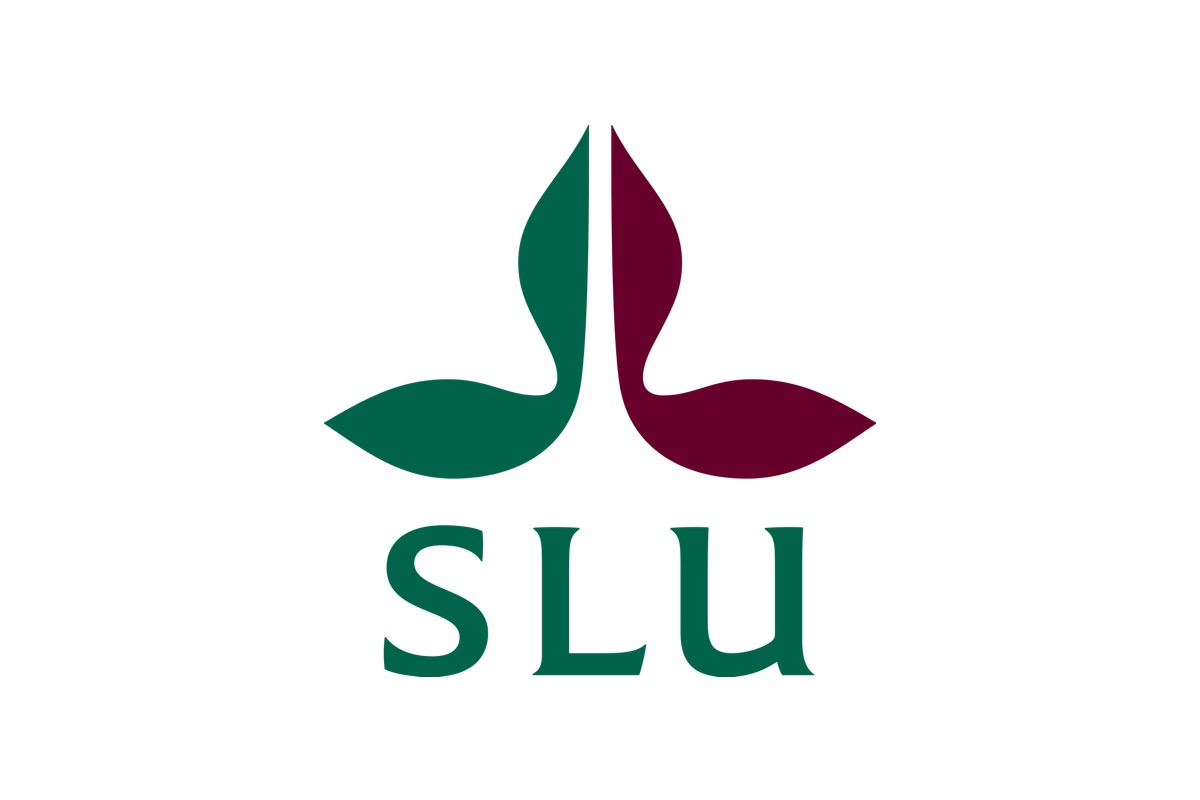
Uppsala & Alnarp Sweden
Swedish University of Agricultural Sciences (SLU)
Plant breeders in Uppsala work to perennialize barley by crossing annual barley with wild barley relatives (e.g., Hordeum bulbosum) and evaluate perennial wheat and intermediate wheatgrass germplasm from The Land Institute for high latitude (~60°) breeding. In Alnarp researchers are comparing the soil ecology of perennial Kernza® monocultures with and Kernza®-alfalfa intercrops in the context of a range of annual crop rotation treatments.
Plant Breeding
Anna Westerbergh, PhD
Molecular Plant Breeding
Mohammad Sameri, PhD
Agroecology, Kernza-Alfalfa Bicultures
Linda-Maria Dimitrova Mårtensson, PhD, Assoc. Prof.
Agroecology, Kernza-Alfalfa Bicultures
Alex Huddell, PhD. student
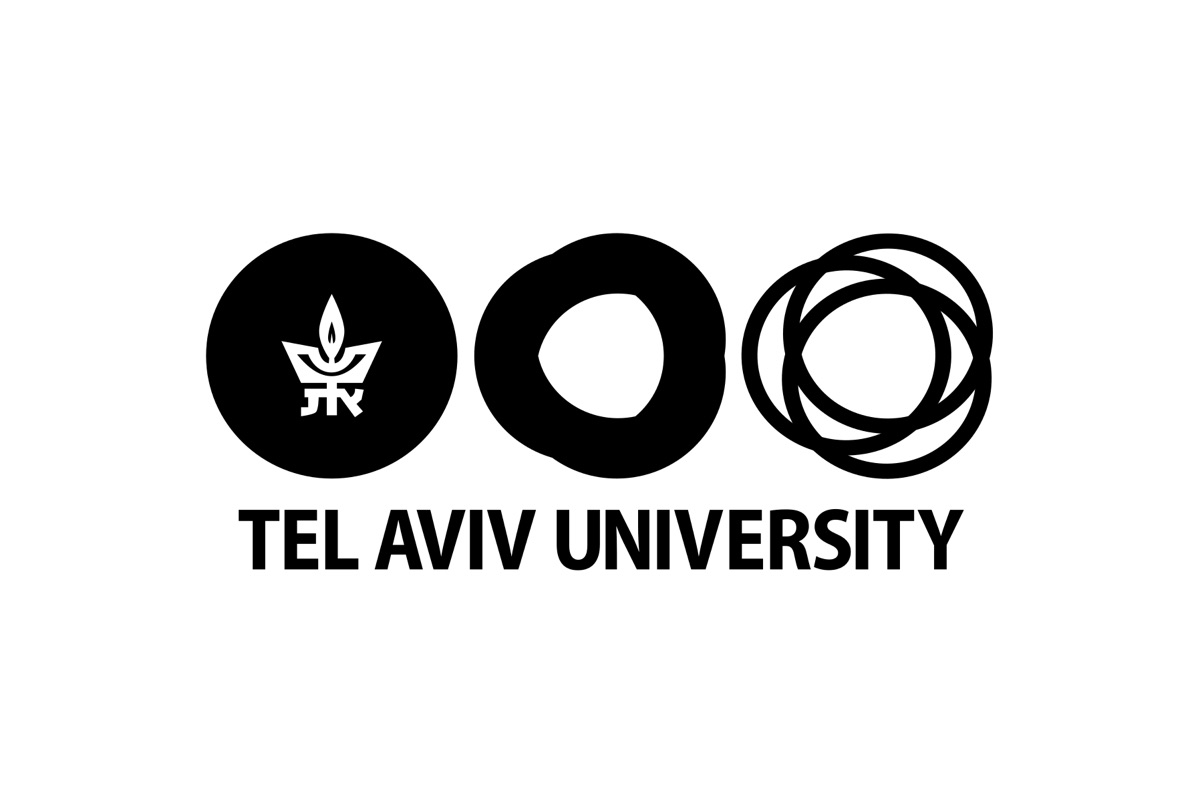
Tel Aviv, Israel
Tel Aviv University
Researchers hope to improve agricultural sustainability under climate change scenarios of Kernza® and other perennial grains and differential response of annual and perennial plants to drought stress.
Plant Ecology
Nir Sade, PhD
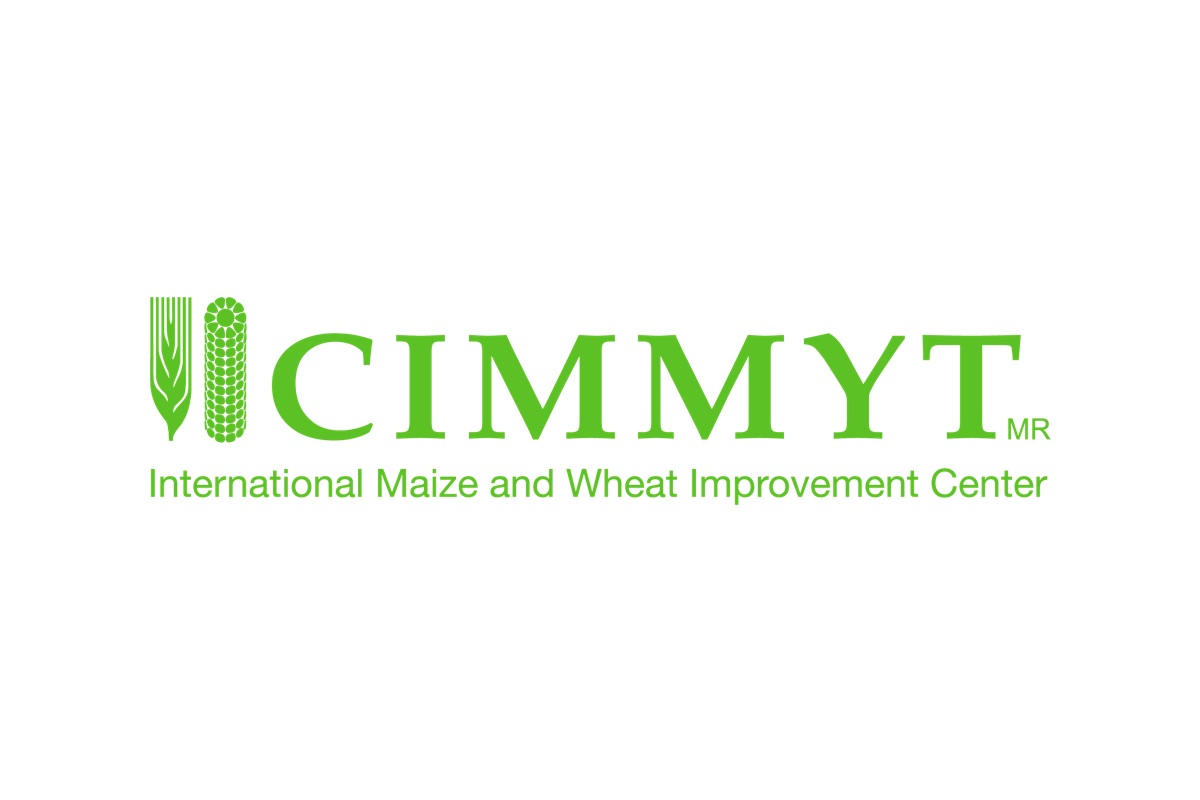
Ankara, Turkey
International Maize and Wheat Improvement Center (CIMMYT)
CIMMYT is a non-profit, non-government international research center aiming to improve wheat and maize production through new varieties and technologies with emphasis on developing countries. CIMMYT-Turkey is involved in testing perennial wheat and Kernza® varieties in Turkey.
Breeding
Alexey Morgunov, Wheat Breeder
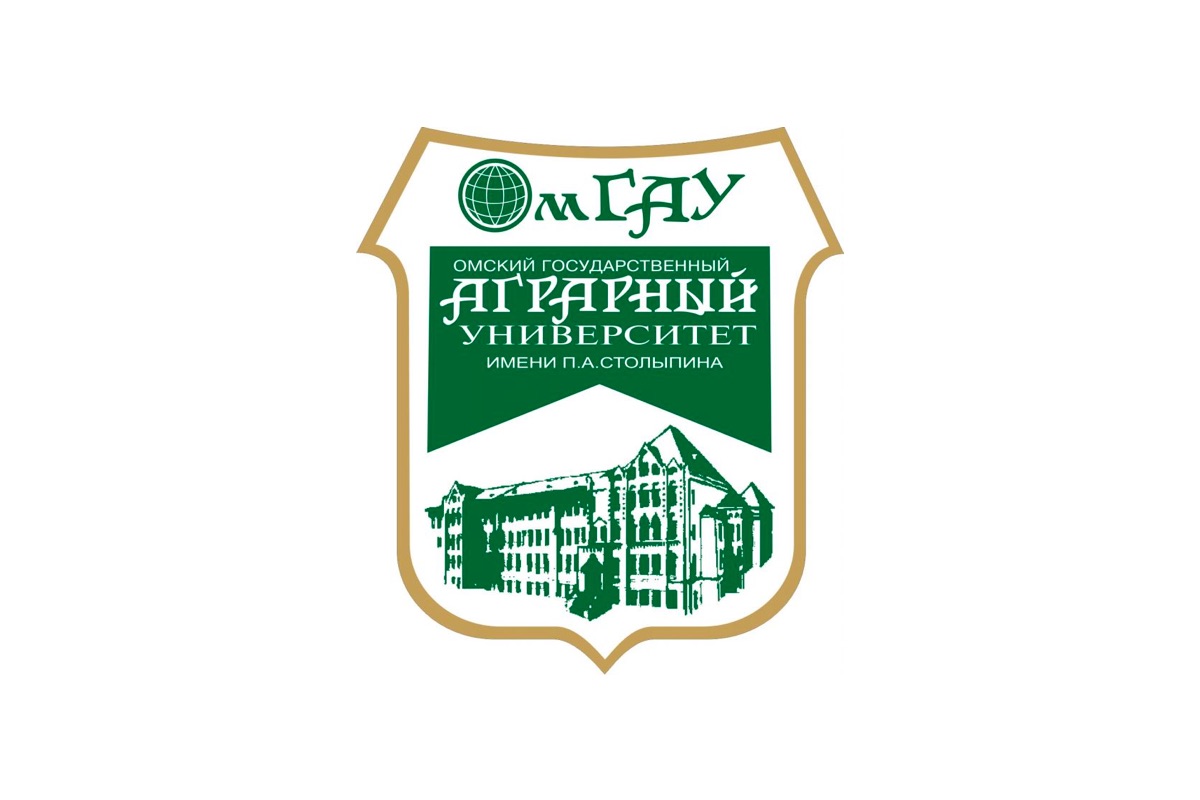
Omsk, Russia
Omsk State Agrarian University
Omsk State Agrarian University provides education to 3000+ students and conducts wheat breeding and research. Since 2015, the university is involved testing Kernza® as well as perennial wheat and is involved in improvement of Agropyrum intermediate.
Breeding
Alexey Morgunov, Wheat Breeder
Breeding
Vladimir Shamanin, Wheat Breeder

Wooster, Ohio
The Ohio State University
Researchers are organizing multi-institutional experiments to examine the potential for Kernza® to be used for grain production as well as a forage crop including defoliation effects on Kernza® grain yields, forage quality, root production, soil health, and food webs.
Soil Fertility and Grazing Effects
Steve Culman, PhD
Soil Food Webs and Belowground Dynamics
Christine Sprunger, PhD
Grazing and Forage
Mark Sulc, PhD
Forage and Agronomy
Ryan Haden, PhD
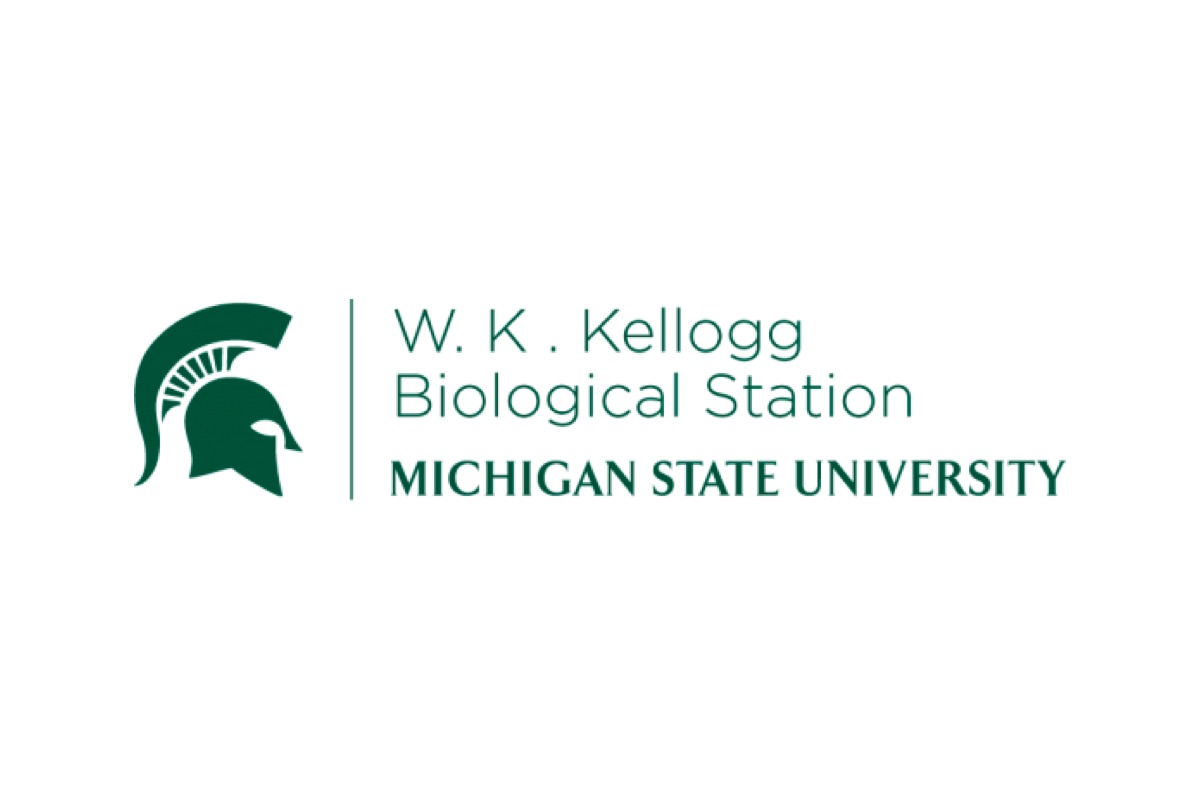
Hickory Corners, MI
W.K. Kellogg Biological Station, Michigan State University
Researchers conduct studies evaluating Kernza® varieties for dual use (grain and forage) in organic and conventional systems. Past studies have evaluated the environmental benefits of Kernza® varieties relative to annual and perennial wheat
Forage, Grazing, Agronomy, Ecology
Brook Wilke, PhD
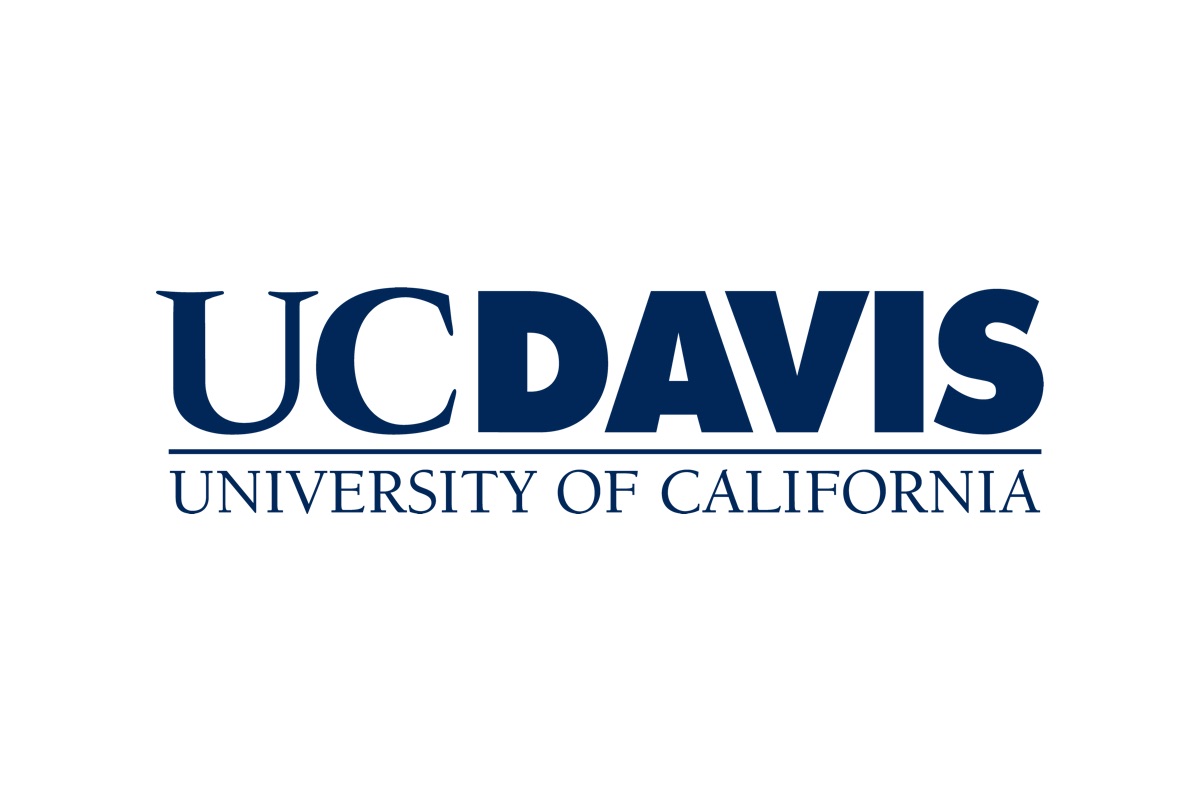
Davis, California
University of California, Davis
Current studies into the potential adaptability of Kernza® varieties to a Mediterranean environment including carbon sequestration and the impact of a perennial versus annual grain soil microbial community composition and biomass are being conducted.
Director of the UC Agriculture and Natural Resources Sustainable Agriculture Research and Education Program (SAREP)
Gail Feenstra
Soil Microbial Ecology
Kate Scow, PhD
Soil Microbial Ecology
Kalyn Diederich
Sustainable Supply Chains
Gwenael Engelskirchen

Copenhagen, Denmark
University of Copenhagen
NovoCrops Center for Accelerated Domestication of Resilient Climate Change Friendly Plant Species is conducting research on mutagenesis for accelerated breeding of Kernza® varieties, tested using a variety of methods. Research into how deep-rooted crop species affect soil properties and functions is also being conducted.
Plant Molecular Biology
Michael Palmgren, PhD, DSc, Professor
DeepFrontier / Crop Sciences
Kristian Thorup-Kristensen, PhD, Professor

Lawrence, Kansas
University of Kansas
Studies range from mycorrhizal associations with Kernza® and mixed species stands, to fungal community changes based on conversion of annual crops to perennials, to water-carbon balances of perennial grain crops using eddy covariance tower data.
Mycorrhizal Associations
Jim Bever, PhD
Soil Microbiome
Tom McKenna, PhD.
Water-Carbon Balances
Nate Brunsell, PhD
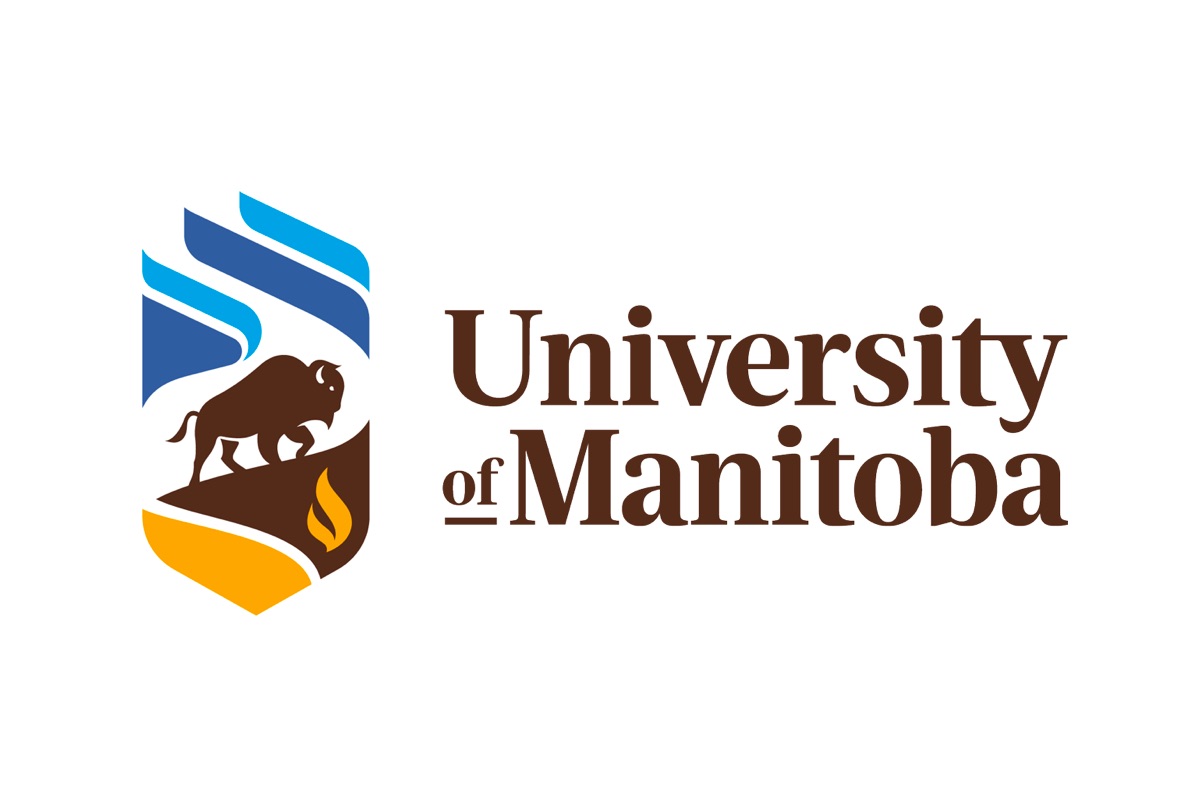
Winnipeg, Canada
University of Manitoba
Plant breeders in Manitoba breed Kernza® varieties for extreme environments, winter hardiness, and intercropping. Studies of Kernza® varieties in organic cropping systems, grazing, and alternative planting times are also ongoing.
Plant Breeding
Doug Cattani, PhD
Agroecology
Martin Entz, PhD
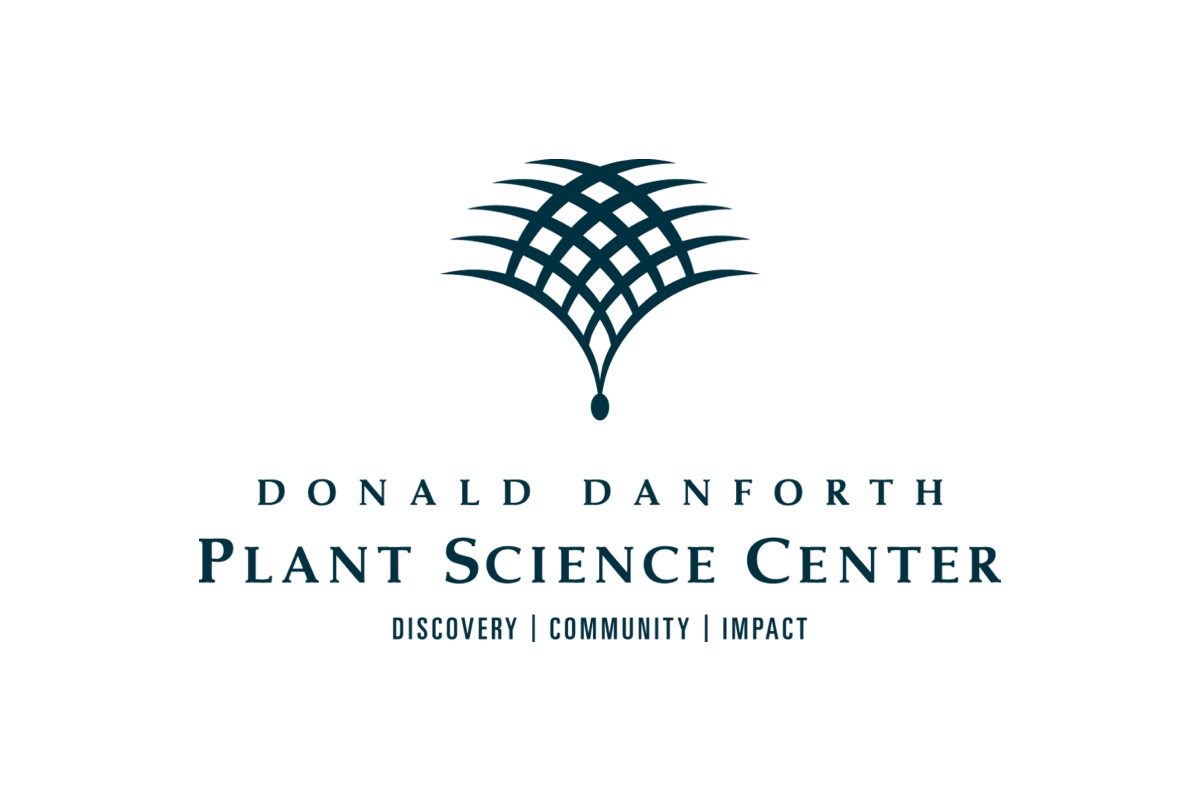
St Louis, Missouri
Danforth Plant Science Center
Studies include perennial crops and wild species, evolution and plasticity in perennial plants, and novel crops for perennial agriculture. The Miller lab is a joint faculty partnership with Saint Louis University and works closely with the Missouri Botanical Garden.
Perennial Plant Diversity and Evolution
Allison Miller, PhD

Madison, Wisconsin
University of Wisconsin – Madison
Kernza® varieties in sustainable agriculture and grazing systems in the Midwestern United States including grazing systems and Kernza®-alfalfa bicultures. Research also includes weed establishment and competition in competition with Kernza® varieties.
Agroecology
Valentin Picasso, PhD
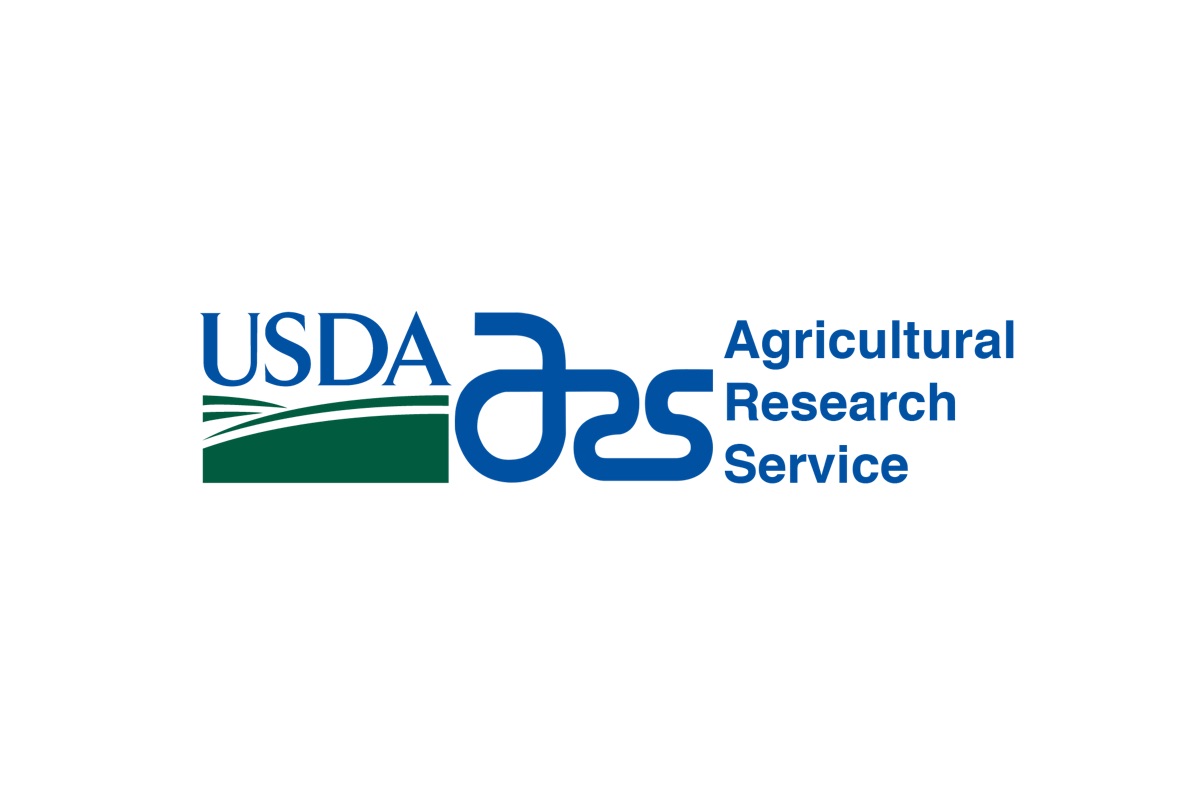
Utah State University, Logan, UT
USDA ARS Forage and Range Research
Research aims to identify genes controlling forage and seed production traits of perennial wheatgrasses including seedling vigor, persistence, and compatibility in polyculture and to develop Kernza® varieties for the Intermountain Region of the western U.S.
Grass Breeding and Genetics
Steve Larson, PhD

Williston, North Dakota
NDSU Williston Research Extension Center
Studies include increasing farm profitability with alternative crops and reduced reliance on synthetic inputs. Evaluations of varieties, herbicide safety, and fertilization will help determine best management practices for Kernza® varieties in North Dakota.
Williston REC Extension Program
Clair Keene, PhD

Booneville, Arkansas
USDA ARS Dale Bumpers Small Farms Research Center
Kernza® varieties as alternative dual-use crops in alley cropping and silvopastoral systems of the Mid-South and agronomics of intercropping with perennial legumes for maintaining quality and for weed control under organic and conventional management are studied.
Agroecology and Multifunctional Grazing Systems
Jose Franco, PhD

Fayetteville, Arkansas
USDA ARS Poultry Production and Product Safety Unit
Research includes phosphorus runoff following poultry litter applications in perennial and annual agroecosystems with and without cover crops and evaluation of the potential for Kernza® varieties to serve as dual-use, grazable filter strips and identify how perenniality traits (root architecture) affect surface hydrology and nutrient loading in runoff from soils receiving long-term poultry litter.
Soil Science and Agroecology
Amanda Ashworth, PhD

Beelitz, Germany
Ecosfair
Sustainable farming systems require moving beyond annual monocultures towards perennial crops and wild species in polyculture systems. They aim to foster the introduction of Kernza® varieties and perennial polyculture regimes to Germany.
Soil Ecology and Ecosystem Conservation
Hans-Holger Liste, Dr. habil
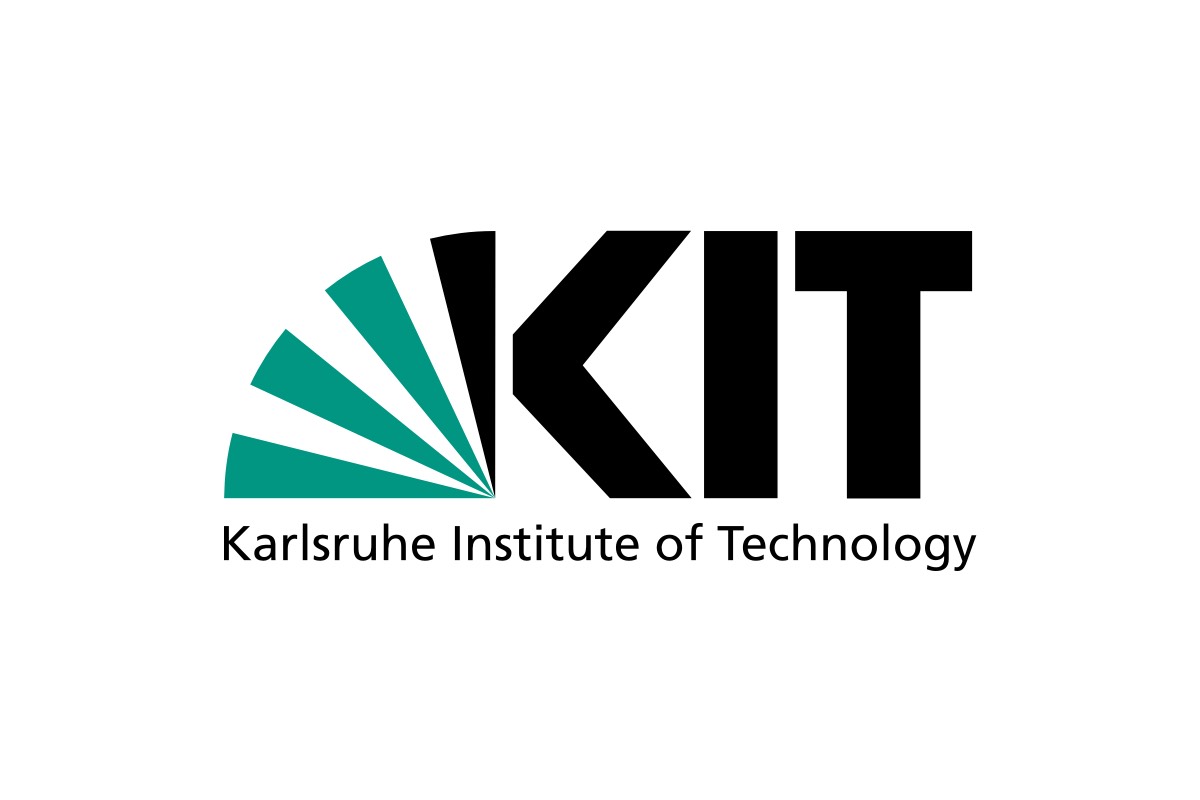
Karlsruhe, Germany
Karlsruhe Institute of Technology
KIT analyzes the chemical composition of perennial crop constituents. Also, the link between compositional data and grain functionality will be evaluated.
Cereal Chemistry
Mirko Bunzel, Dr. habil

Mettawa, IL
Chicago Botanic Garden, Northwestern University, Loyola University
This multi-institutional partnership is focusing on soil functions and related ecosystems services of different agricultural approaches including annual grains, pasture, and Kernza® varieties grown as a single species or intercropped with legumes.
Agroecology
Nyree Zerega
Ray Dybzinski
Soil ecology
Louise Egerton-Warburton
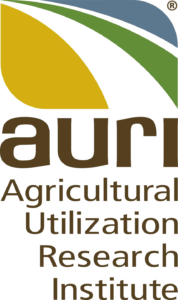
Waseca, MN
Agricultural Utilization Research Institution (AURI)
AURI’s Kernza® projects are focused on the evaluation and characterization of Kernza® grain, byproducts, and biomass for use in food, feed, fuel, and other bio-based products.
Supply Chain
Riley Gordon
Supply Chain
Alexandra Diemer
Supply Chain
Matthew Leiphon